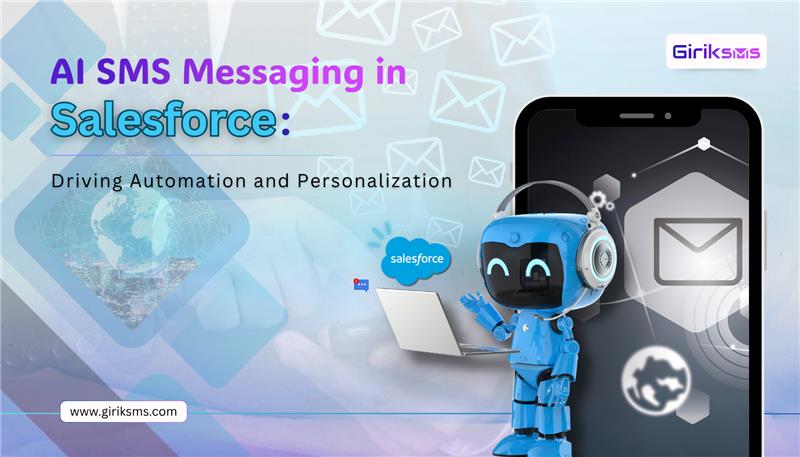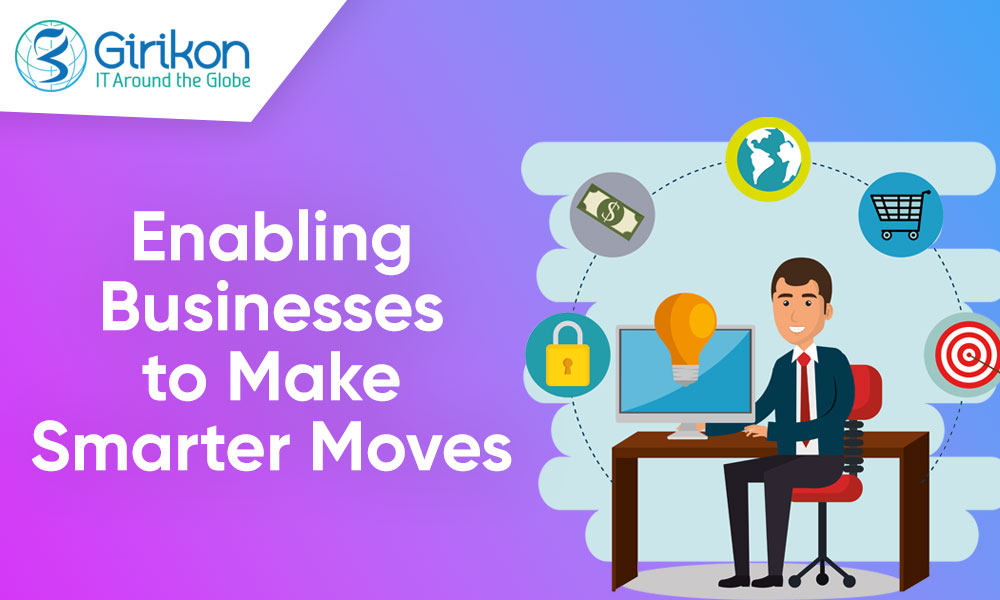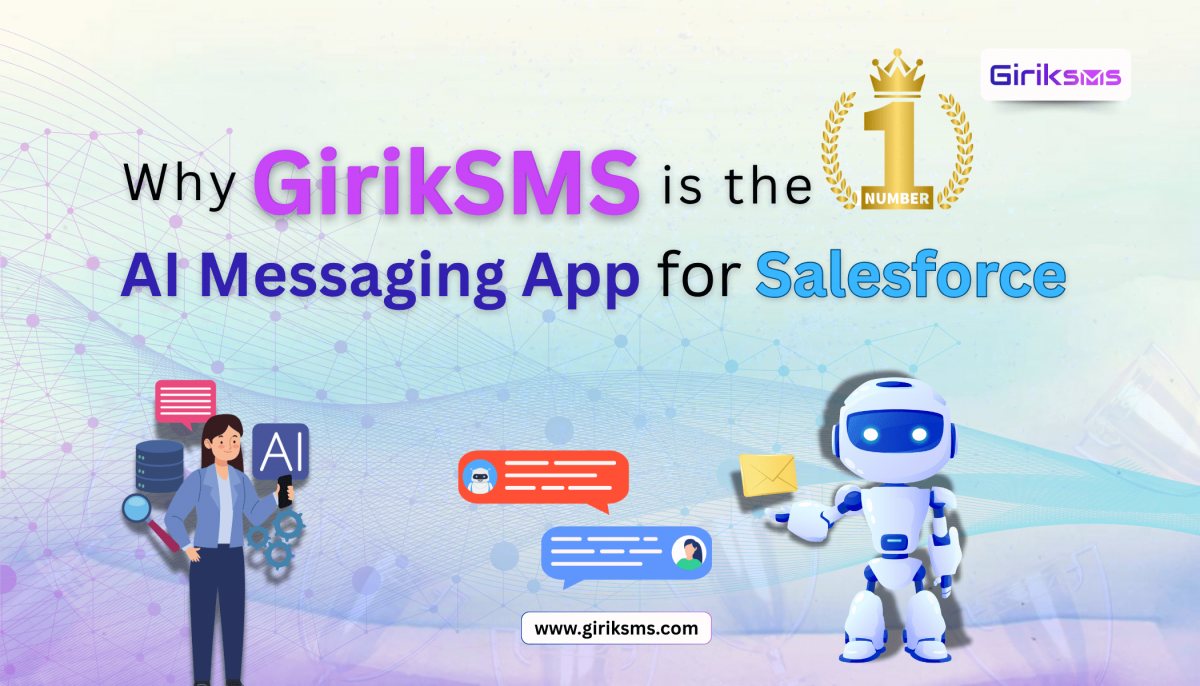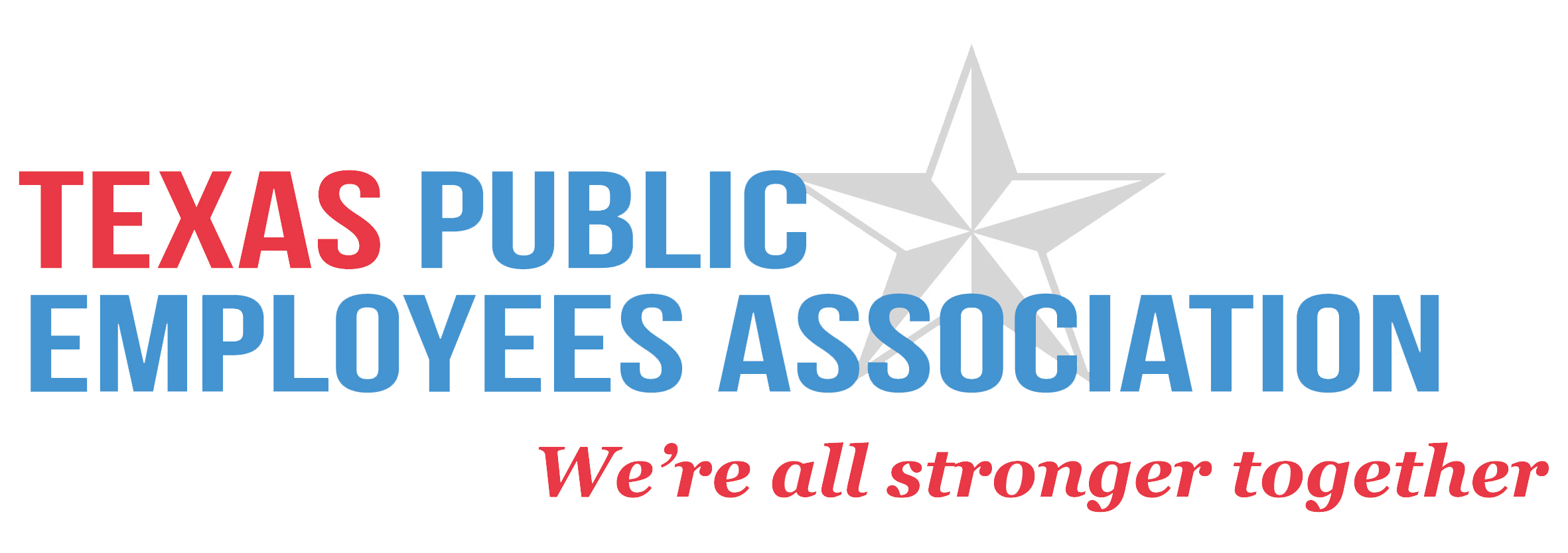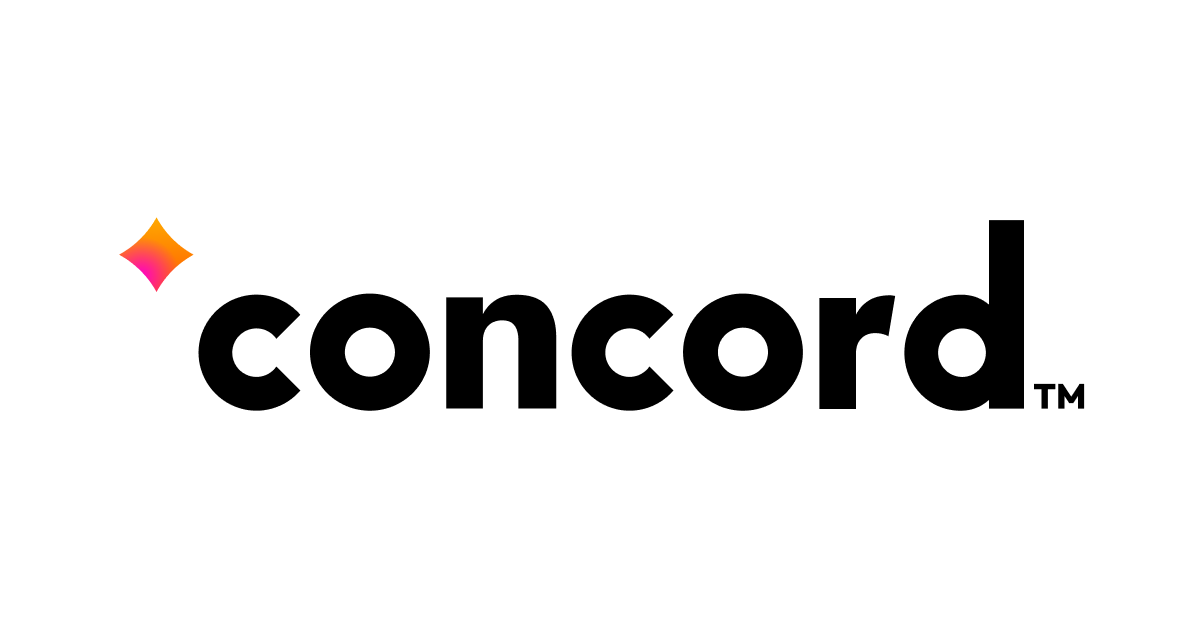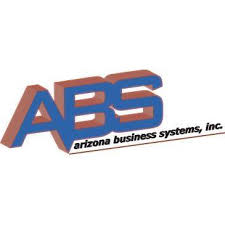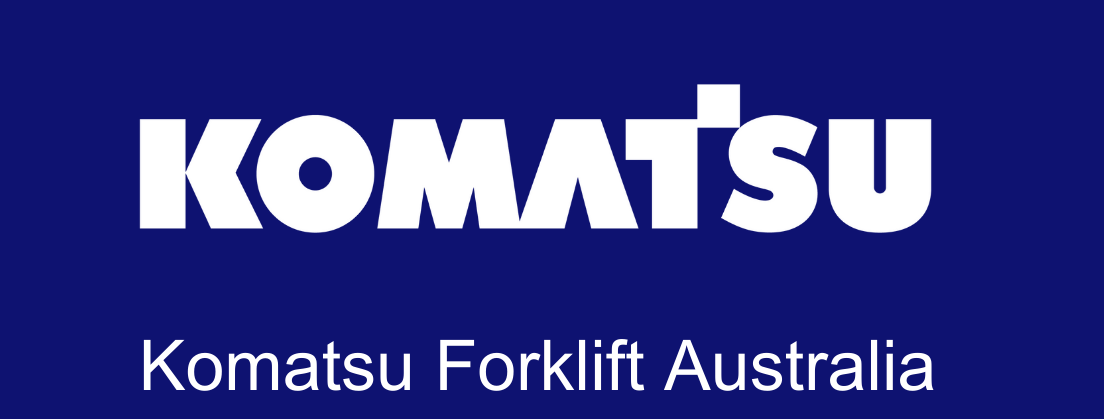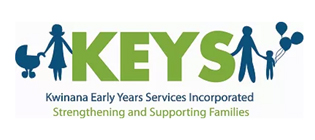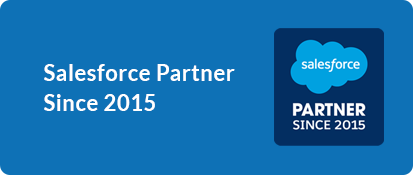Our Blogs
Table of content
- Features of Salesforce Commerce Cloud- Capabilities of Salesforce Commerce Cloud
- Why do Businesses need Commerce Cloud?
- Advantages of Salesforce Commerce Cloud
Salesforce Commerce Cloud is one the leading enterprise-grade SaaS platforms for B2C and B2B commerce. Founded on the underlying technology that powers the world's most powerful CRM platform, the Commerce Cloud ecosystem is composed of many different products – Order Management, Payment Processing, Omnichannel Inventory, Campaign management, Customer service, and much more.
The 2016 acquisition of Demandware By Salesforce, and its subsequent rechristening as Salesforce Commerce Cloud paved the way for a solution that enables businesses to deliver a consistent and connected brand experience across every touchpoint throughout the customer journey. Now brands have access to essential tools and features to cover all aspects of eCommerce. And that's not all. Commerce Cloud leverages powerful analytics and artificial intelligence (AI) to hyper-personalize customer engagement at scales never seen before.
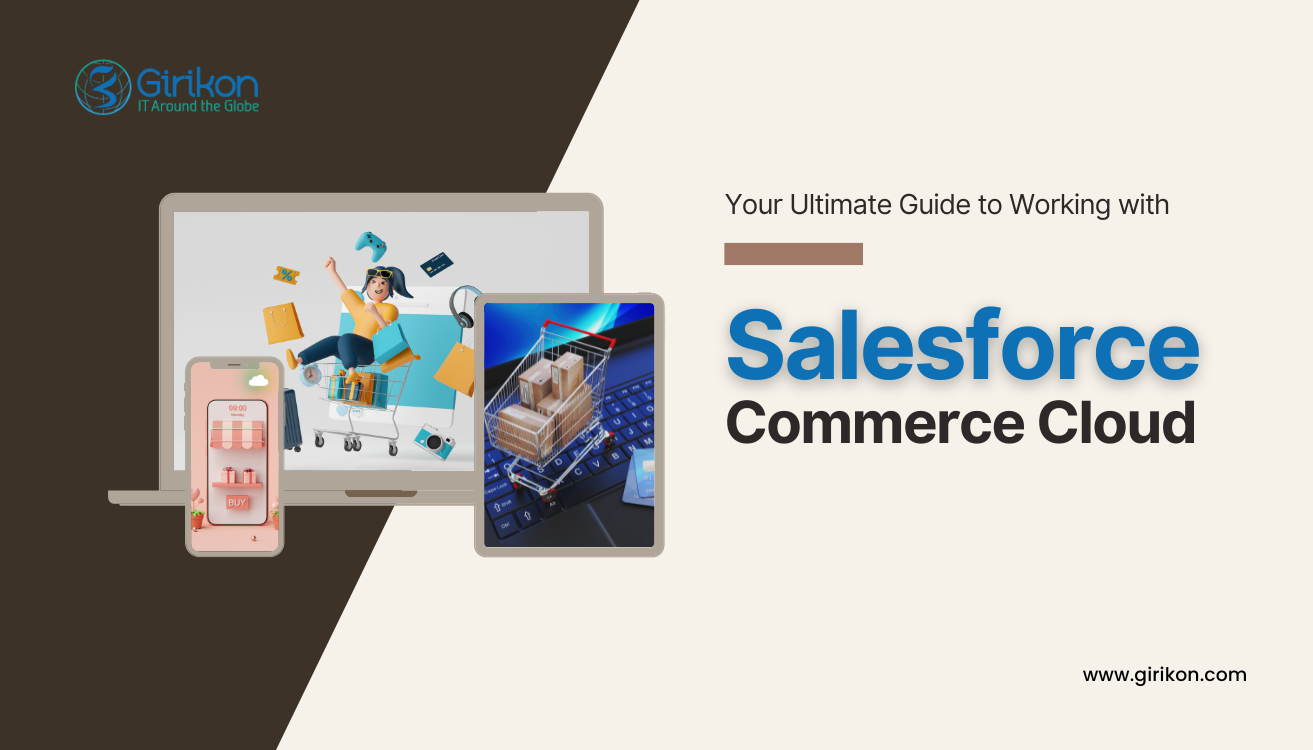
Features of Salesforce Commerce Cloud
1. Storefront Reference Architecture
Commerce Cloud's Storefront Reference Architecture (SFRA) is a robust framework for B2C businesses purpose-built for creating high-quality and interactive eCommerce stores. With its extensive library of customizable components, Commerce Cloud helps developers quickly build engaging, device-friendly, digital shopping experiences.
By leveraging SFRA, brands can easily grow their eCommerce operations by delivering seamless omnichannel experiences to their customers.
2. Endless Aisle
Endless Aisle is a powerful tool that brings to life your team’s eCommerce strategies. It seamlessly connects multiple shopping channels such as in-store, web store, and app to deliver connected shopping experiences. Endless Aisle unifies all your sales channels, enabling your store reps to view customer data and up-to-date inventory information, translating to personalized shopping experiences for your customers.
With Endless Aisle, customers can create product wishlists, and you can leverage this data to drive in-store sales by displaying online offers.
3. Order Management
Efficient order management plays a crucial role in any retail business and Salesforce Commerce Cloud offers a reliable, robust, and scalable solution with its Order Management feature. This feature brings together a suite of tools and processes purpose-built to ensure the on-time delivery of purchases. This includes order creation, order processing, order tracking, order fulfillment, refund/return management, and much more. Commerce Cloud also provides user-friendly tools and connectors for third-party integrations such as payment gateways, inventory management, and logistics. Furthermore, you can also automate the creation of return labels to streamline the order management process.
4. Content Management System
With the integration of the core Salesforce CRM platform and Content Management System (CMS), businesses get a user-friendly way to build custom commerce solutions that allow for quick delivery of relevant content to customers throughout their buying journey. It includes features such as content management, catalog management, content collaboration, approval management, and personalization features to deliver tailored content to customers. The Commerce Cloud CMS also enables content writers to quickly create and deploy commerce-related content such as videos, blogs, how-to's, and promotional banners.
5. Commerce Portals
Commerce portals empower brands to easily manage various aspects of their e-commerce operations. This includes product catalog management, promotions and deals management, pricing, order management, payment processing, and customer support. In short, commerce portals offer brands a wide range of tools, functionality, and services to build and manage their online stores.
6. Einstein AI
Retailers and brands can leverage the power of Einstein AI to offer tailored buying experiences to their customers without having to hire a team of data scientists. With its powerful predictive capabilities, Einstein identifies patterns by analyzing customer search and shop behavior to build tailored journeys for every customer. This enables brands to offer unique, engaging purchasing experiences to their customers, thereby improving customer loyalty and boosting sales.
Capabilities of Salesforce Commerce Cloud
Salesforce Commerce Cloud is a powerful and versatile platform that can cater to the needs of all types of online commerce business models – B2B, B2C & D2C, offering unique capabilities to all these models to help businesses optimize their online presence.
B2B (Business to Business) commerce as the acronym suggests involves a transaction between 2 businesses. This translates to a smaller, repeat customer base but requires robust capabilities to handle large and complex orders, sometimes with staggered shipping to multiple locations.
B2C (Business to Consumer) Commerce is apt for businesses selling to diverse audiences on an individual basis, which means delivering a personalized shopping experience to customers every single time to compel them to come back for more. B2C businesses need frequent customizations as and when new products are introduced and user-centric journeys to cater to a wider audience. B2C businesses need a platform that can handle spikes in traffic during peak periods such as holiday seasons or flash sales.
D2C (Direct to Consumer) is a model where businesses sell directly to end-users through multiple channels such as e-commerce websites, apps, or even call-ins to complement traditional retail channels. This allows businesses to extend their reach, build lasting customer relationships, and boost sales by transcending retail partners' limitations. Salesforce D2C Commerce Cloud also allows businesses to test new products and collect first-party data to improve their offerings and customer experiences further.
Why do Businesses need Commerce Cloud?
It's hard to picture living without a smartphone, isn't it? It is the same thing with e-commerce. E-commerce continues to take center stage as people’s ideal method of buying goods and services just like smartphones do. Nowadays, it is even more important for companies to have a successful online marketing strategy because this connects people across different parts of the world and transcends regional boundaries.
In recent years, a growing number of conventional businesses have shifted to using digital platforms for product and service marketing. So much so that automobile manufacturers now offer their goods for sale online. Beyond being accessible around the clock and having a global reach, eCommerce offers various advantages.
It provides customers with an unparalleled degree of convenience at a comparatively minimal initial expenditure. It should therefore come as no surprise that businesses adopting Salesforce Commerce Cloud to grow their market share are located all over the world. It offers a range of features intended to completely transform how businesses communicate with their customers during the whole buying process.
Advantages of Salesforce Commerce Cloud
Customer Experience Transformation: Businesses can transform the consumer experience across all digital channels with Salesforce Commerce Cloud. Packed with an extensive feature set, it handles all facets of internet sales, including marketing, discounts and promotions, content creation, customer service, shipping and logistics, return handling, and analytics driven by artificial intelligence. Additionally, Salesforce Commerce Cloud has an open development environment built in, making it simple for developers to modify or add to it.
Predictive Analysis: With Einstein AI, brands get real-time insights into consumer behavior and buying patterns to identify upsell and cross-sell opportunities. With the inbuilt predictive sort feature, Einstein can examine search queries, sort the results, and suggest intelligent options. It also tracks the buying cycles and predicts the likelihood of the next purchase, consumer behavior, and relevant product selection.
Merchandising and Catalog management: It includes some powerful features like visual merchandising, scheduling tasks (eg. launch of new products), and campaign management (based on customer segments). Catalog management, deals and promotions management, inventory management, and pricing management are also covered under this which improve the productivity of organizations who adopt it.
Mobile-Friendly Design: When it comes to consumer preference for online purchases of goods or services, smartphones are the preferred device. With this trend in mind, Salesforce Commerce Cloud was created with this concept at the center of its design philosophy, making it easier for mobile shoppers to have a device-optimized purchasing experience.
Omni-channel Support: Salesforce Commerce Cloud seamlessly connects all aspects of e-commerce and offline stores in one unified system. Commerce Cloud enables businesses to sell across multiple digital channels such as e-store, social, mobile, etc. from a single platform and is widely used by retailers to streamline operations.
With Salesforce Commerce Cloud retailers and brands can enable their customers to buy from anywhere via a single order management system. This offers flexible buying experiences to the shoppers, including in-store pickup, product trial in-store, etc.
Commerce Insight – It includes advanced features like machine learning, real-time insights, and journey personalization by leveraging Einstein AI. Salesforce Commerce Cloud gathers real-time data, draws insight from customer behavior via Einstein, and leverages that information to offer tailored product recommendations.
Customer support: Salesforce Commerce Cloud comes bundled with a comprehensive 24/7 customer support solution for businesses. It can handle automated customer support at scale which makes it a compelling case for retailers.
One might wonder – Is it necessary to hire professionals for Salesforce Commerce Cloud Development? Well, there are several reasons why you should involve a Salesforce Development Partner or hire a Salesforce consulting company for a flawless implementation of Salesforce Commerce Cloud for your retail business.
1. Expertise in Commerce Cloud
Hiring a trusted professional leads to developing a high-quality, robust, and scalable solution that is in sync with the latest platform upgrades and industry trends ensuring a seamless user experience.
2. Faster Time-to-Market
A Salesforce development partner can accelerate your time-to-market by combining the expertise and experience of a team of designers, developers, and project managers who work together to build robust and scalable solutions quickly.
3. Integration with Other Systems
Integrating Salesforce Commerce Cloud with other systems and apps eg. CRM, marketing automation tools, etc is much easier when you work with a professional. This translates to streamlined operations and real-time sync data across all systems without any redundancies.
4. Security
Partnering with a professional Salesforce developer ensures data security. Commerce Cloud has top-level safety measures and guardrails to keep your information safe and ensure it complies with regulations, thus creating trust and loyalty of customers through smooth and interconnected shopping experiences.
5. Innovation
To remain ahead of the competition, you must keep track of technological trends and innovations in order to be a leader of the pack. In this challenging journey, a trusted partner will assist you in producing new features and characteristics that enhance the customer's experience.
6. Training and Support
To ensure widespread adoption of the platform and its effective use, a partner can offer tailored training and support to your staff. Their ongoing assistance ensures quick resolution of issues and smooth operations.
Want to learn more about Salesforce Commerce Cloud? Register for a free consultation today.

 +61-1300-332-888
+61-1300-332-888 +1-480-241-8198
+1-480-241-8198